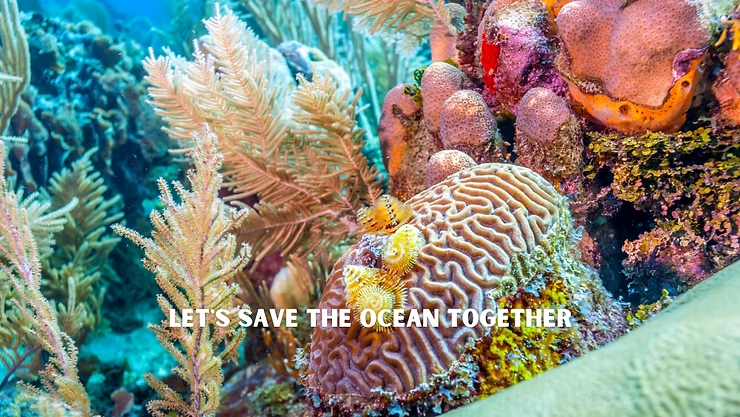Overview
The Importance of the Ocean
The ocean covers more than 70% of our planet and supports countless forms of life. It regulates global climate, provides food and energy, and offers recreational opportunities. Without healthy oceans, life on Earth would be drastically different. Recognizing its importance and committing to preservation is essential for future generations.
Current Threats to the Ocean
Plastic Pollution
Millions of tons of plastic waste enter the ocean annually, endangering marine life and human health through microplastics. Everyday items like bags and bottles are suffocating marine ecosystems. Reducing single-use plastics is crucial for safeguarding ocean health.
Chemical Pollution
Toxic chemicals from industrial, agricultural, and household sources silently harm marine life and disrupt ecosystems. They accumulate in marine organisms, affecting reproduction and survival. Solutions include:
- Proper disposal of hazardous waste
- Supporting eco-friendly companies
- Advocating for stricter regulations
Oil Spills
Oil spills devastate ecosystems by suffocating marine plants and animals and contaminating water. They also destroy livelihoods in coastal communities dependent on fishing and tourism. Preventing spills and improving cleanup technologies is critical.
Protecting Marine Life
Preserving Coral Reefs
Coral reefs are vibrant ecosystems under threat from climate change and overfishing. Conservation efforts, sustainable practices, and awareness campaigns are key to preserving these underwater wonders for future generations.
Conserving Endangered Species
Immediate action is needed to protect species on the brink of extinction. Habitat restoration, captive breeding programs, and strict anti-poaching laws are essential. Raising awareness further empowers communities to act.
Sustainable Fishing
Overfishing threatens balance in marine ecosystems. By setting catch limits and adopting responsible fishing practices, fish populations can recover. Consumers can help by choosing certified sustainable seafood and avoiding overexploited species.
Taking Action
Individual Actions
Small changes make a big difference: reduce, reuse, and recycle; avoid single-use plastics; and support sustainable businesses. Spreading awareness through conversations and social platforms amplifies the impact.
Government Initiatives
Governments are addressing ocean threats through bans on single-use plastics, stricter chemical regulations, and establishing marine protected areas. Investment in sustainable technologies for fishing and shipping strengthens long-term solutions.
Collaboration
Partnerships among communities, organizations, and individuals drive stronger results in ocean preservation. Working together creates effective strategies, influences policies, and raises global awareness.
Conclusion
Protecting the ocean requires collective responsibility. At Save Our Blue Ocean, we champion marine conservation with ocean-inspired jewelry that supports awareness and funding for sustainability efforts. Every bracelet purchased helps protect marine ecosystems and inspires action. Together, we can safeguard our blue planet for generations to come.

